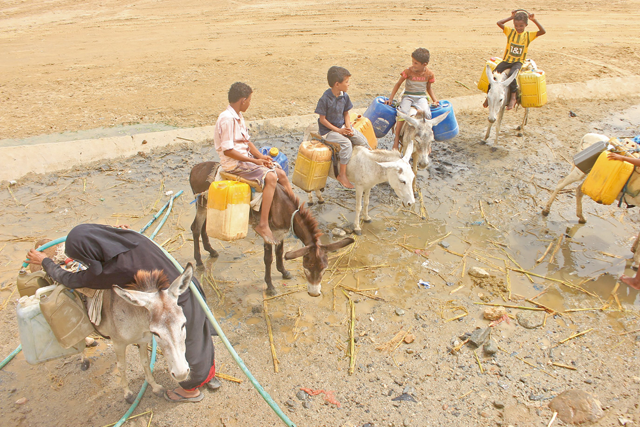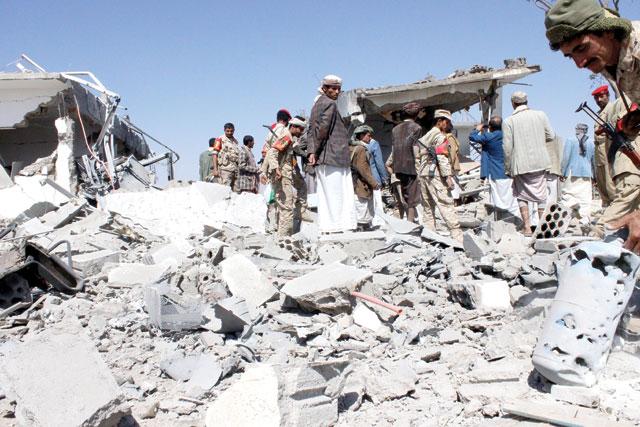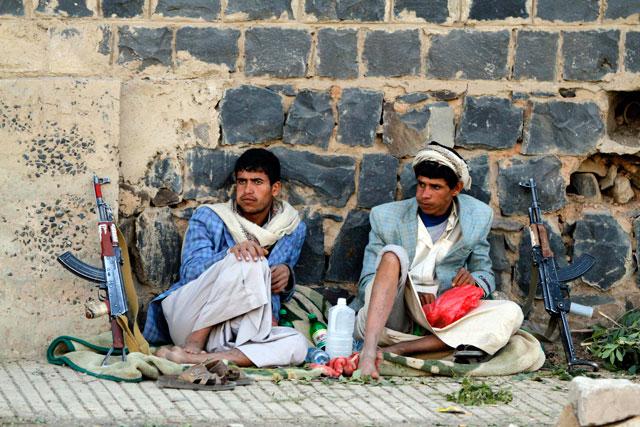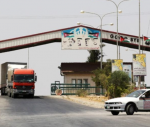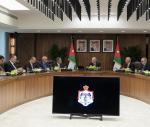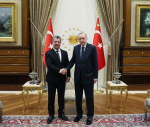You are here
Most Yemeni parties agree presidential council to ease power struggle
By Reuters - Feb 05,2015 - Last updated at Feb 05,2015
SANAA — Most Yemeni factions have agreed to set up an interim presidential council to manage the country for up to one year, negotiators said on Thursday, in a step to ease a power struggle that forced the president to step down two weeks ago.
The dominant Houthi movement had set a Wednesday deadline for political factions to agree a way out of the crisis that led to the resignation of President Abed Rabbo Mansour Hadi on January 22. Otherwise, the group said, it would impose its own solution.
Delegates said that nine parties and groups, including a faction from the southern separatist Herak, agreed during negotiations in Sanaa on a five-member presidential council that would be headed by Ali Nasser Mohammed, a former president of South Yemen before the 1990 merger with North Yemen.
A source close to Mohammed confirmed consultations were under way with the ex-president but said they have yet to be finalised.
The Sunni Islamist Islah Party was still considering the agreement but the Yemen Socialist Party, which ruled the former South Yemen, said on Thursday it had approved the council.
Yemen's stability is particularly important to neighbouring Saudi Arabia, the world's top oil exporter. The Arabian Peninsula country is also fighting one of the most formidable branches of Al Qaeda with the help of US drone strikes.
The Houthis, Shiite Muslims backed by Iran, had said on Wednesday night that they had put off acting alone as parties appeared close to a consensus on a way out of the stand-off.
But even as a solution seemed within reach, Yemen's deep divisions were as apparent as ever. The editor in chief of independent newspaper Al Akhbar Al Yawm, which has been critical of the Houthis, told Reuters on Thursday that its building had been taken over by armed men.
"Three cars full of armed Houthis seized the newspaper's building and detained several editors and some employees inside," Ibrahim Mujahid told Reuters by telephone. It was not yet clear what the Houthis' demands were towards the newspaper.
Yemen has been in political limbo since Hadi and the government of Prime Minister Khaled Bahah resigned after the Houthis seized the presidential palace and confined the head of state to his residence in a struggle to tighten control.
The Houthis, who became power brokers when they overran Sanaa in September, had been holding talks with major political factions trying to agree on a way out of the stand-off.
Related Articles
RIYADH — Saudi Arabia has approved a $1.2 billion grant to Yemen's internationally recognised government, two officials told AFP on Tuesday,
An air strike killed at least 40 people at a camp for displaced people in north Yemen on Monday, humanitarian workers said, in an attack which apparently targeted a nearby base for Houthi fighters battling President Abed Rabbo Mansour Hadi.
The UN special adviser on Yemen praised on Sunday the agreement of all Yemeni parties and political groups on the formation of an apolitical technocrat Cabinet that ended a deadlock of over two weeks.


